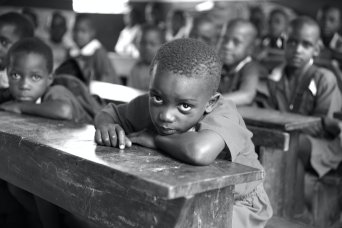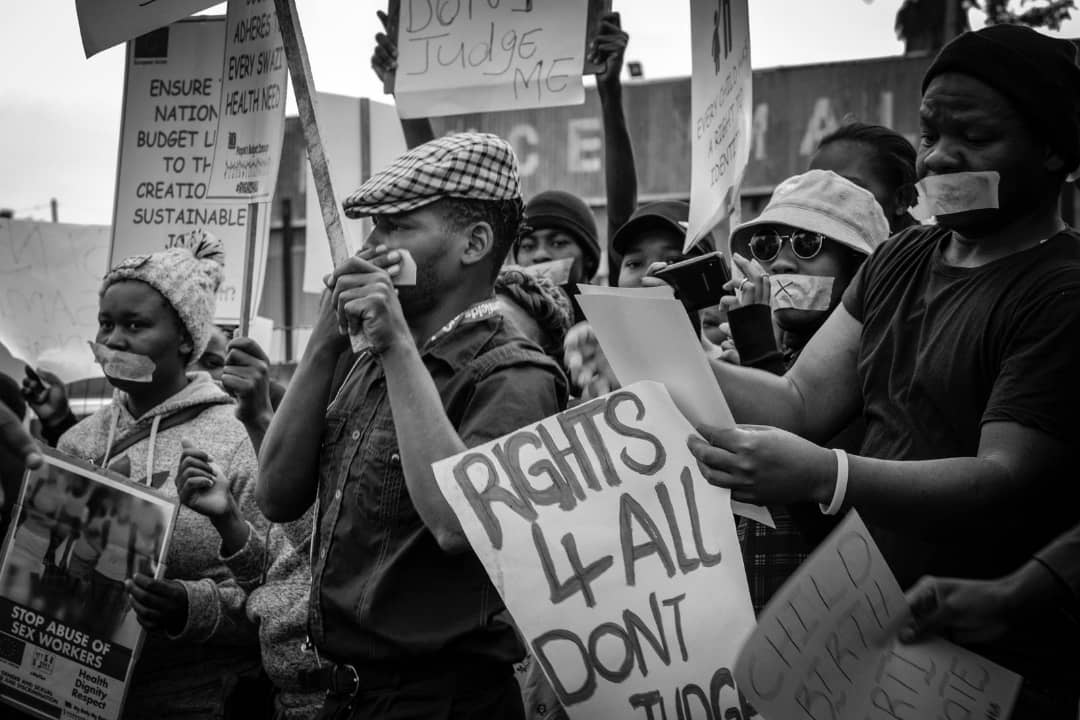- About
- Topics
- Picks
- Audio
- Story
- In-Depth
- Opinion
- News
- Donate
- Signup for our newsletterOur Editors' Best Picks.Send
Read, Debate: Engage.
| topic: | Political violence |
|---|---|
| editor: | Bob Koigi |
Terrorist, militia and armed groups are gaining a stronghold in the majority of African countries, destabilising once-peaceful regions, fanning conflict hotspots, decimating fragile economies and affecting millions of people.
Approximately 3,500 victims of the terror activities last year were from sub-Saharan Africa, representing close to half of those affected globally according to the United Nations Office on Drugs and Crime, UNODC.
With unemployment reaching unprecedented levels and a breakdown of the social fabric being experienced in most African nations, the youth are turning to armed groups for financial freedom and support. The group’s hold over the continent is also being attributed to illegal activities like wildlife trafficking, the illegal exploitation of precious metals and the sale of charcoal, all of which finance their operations.
The Sahel region, A 5,000-kilometre belt in the south of the Sahara Desert, is associated with some of the deadliest terror and armed groups in the region that have disrupted the lives of tens of thousands of citizens and caused untold suffering, heavily affecting key social services such as education and healthcare.
But even as the continent grapples with the devastating effects of these terror groups, numerous interventions that are turning the youth into peace ambassadors, pointing them to opportunities and collaboration between governments and intelligence units are bearing fruit and should be encouraged.
There has to be political will and change of tact in dealing with what is turning out to be the 21st century’s biggest nightmare for Africa.
The continent must have in place policies, legislations and operational responses that are alive to these threats and the suffering of the victims while proposing sustainable ways of dealing with them.
Image by Bill Wegener

